
Jens Jeremies is a German former professional footballer who played as a defensive midfielder.

1. Fußball-Club Kaiserslautern e. V., also known as 1. FCK, FCK, FC Kaiserslautern, K'lautern or colloquially Lautern, is a German sports club based in Kaiserslautern, Rhineland-Palatinate. In addition to football, the club also operates in several other sports.
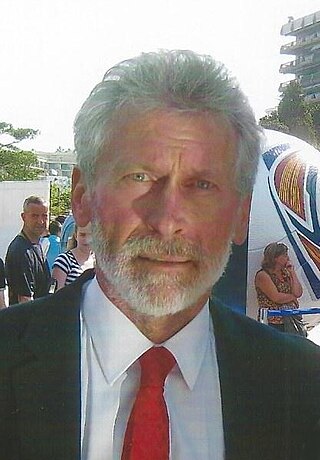
Paul Breitner is a German former professional footballer who played as a midfielder and left-back. Considered one of the best full-backs and midfielders of all time, and one of the best players of his era, Breitner was named in the FIFA World Cup All-Time Team. In 2004 he was named one of the Top 125 greatest living footballers as part of FIFA's 100th anniversary celebration.

Michael Ballack is a German former professional footballer. He was selected by Pelé as one of FIFA's 100 Greatest Living Players, and as the UEFA Club Midfielder of the Year in 2002. He won the German Footballer of the Year award three times – in 2002, 2003 and 2005. Ballack was known for his passing range, powerful shot, physical strength and commanding presence in midfield.
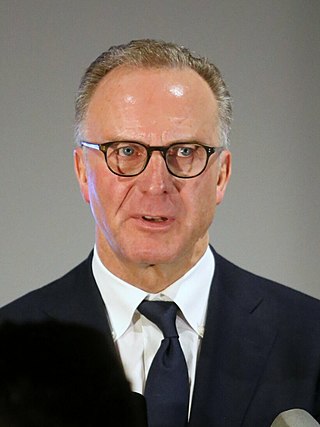
Karl-Heinz "Kalle" Rummenigge is a German football executive and former professional player. Considered one of the greatest German footballers ever, he was also the longtime Chairman of Executive Board of FC Bayern München AG, a daughter company of German Bundesliga team Bayern Munich.

Hans-Hubert "Berti" Vogts is a German former professional footballer who played as a defender. He played for Borussia Mönchengladbach in the Bundesliga his whole professional club career and won the FIFA World Cup with West Germany in 1974. He later managed the national teams of Germany, Scotland, Nigeria and Azerbaijan.
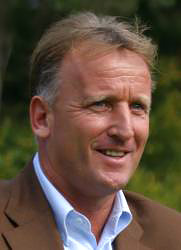
Andreas "Andi" Brehme was a German professional football player and coach. At international level, he is best known for scoring the winning goal for Germany in the 1990 FIFA World Cup final against Argentina from an 85th-minute penalty kick. At club level, Brehme played for several teams in Germany and also had spells in Italy and Spain.

Krasimir Genchev Balakov. A former attacking midfielder, he was a key member of the Bulgaria national team that finished fourth in the 1994 FIFA World Cup. He is considered as second only to Hristo Stoichkov among Bulgarian men's footballers of his generation.

Erich Ribbeck is a German former professional football player and manager, best known for coaching in the Bundesliga. In 1988, he won the UEFA Cup as manager of Bayer Leverkusen, the first title in the club's history.

Pierre Michael Littbarski is a German professional football manager and former player of 1. FC Köln and the West Germany national team. Known for his dribbling abilities, he was mainly used as an attacking midfielder or winger. Littbarski was a FIFA World Cup winner with West Germany in 1990, and the runner-up in both 1982 and 1986. Littbarski was the caretaker manager of VfL Wolfsburg after taking over from Steve McClaren from 7 February to 17 March 2011.

Bernd Schuster is a German former professional footballer of the late 1970s through early 1990s, who won club titles playing for the Spanish sides Barcelona (1980–1987) and Real Madrid (1988–1990). He played as a midfielder and was nicknamed "der Blonde Engel". After retiring as a player, he managed a number of European clubs, including Real Madrid, taking them to the league title in the 2007–08 season.

Josef "Jupp" Derwall was a German professional football manager and player. He was head coach of the West Germany national team between 1978 and 1984, winning the UEFA Euro 1980 and reaching the final of the 1982 FIFA World Cup.
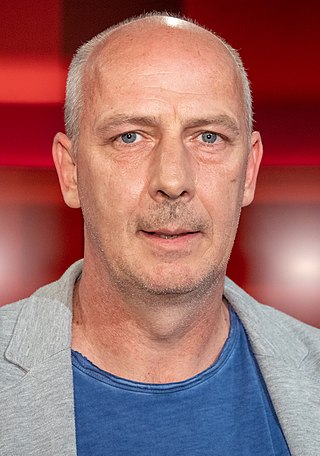
Mario Basler is a German football manager and former professional player who mainly played as a right midfielder. He is currently at TSG Eisenberg as a player and advisor.
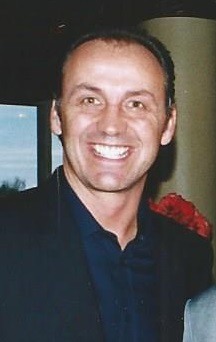
Jürgen Kohler is a German former professional footballer and manager, who played as a centre-back. He is currently the U17 manager of Bonner SC.
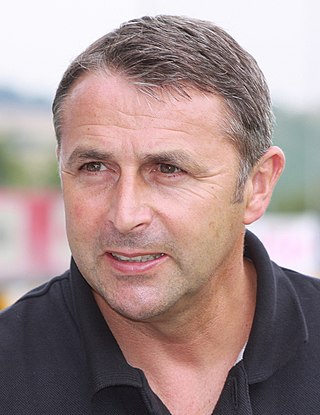
Klaus Allofs is a German former professional football player, manager, and executive.
Hans ("Hannes") Bongartz is a German football coach and former player.

Hans Peter "Hansi" Müller is a German former footballer who played as a midfielder. Both his parents were of Danube Swabian descent that were displaced from Yugoslavia after World War II. His father was born in Bačka Palanka and his mother in Inđija, both towns part of the province Vojvodina in Serbia.

Manfred Kaltz is a German former football player and manager, who played as a right-back.
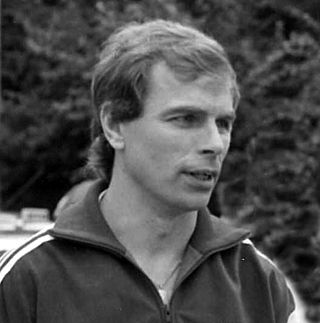
Bernard Dietz is a German former football player and manager. A former defender, he captained the West Germany national team to victory in the UEFA Euro 1980.
Axel Roos is a German football coach and a former player.


















